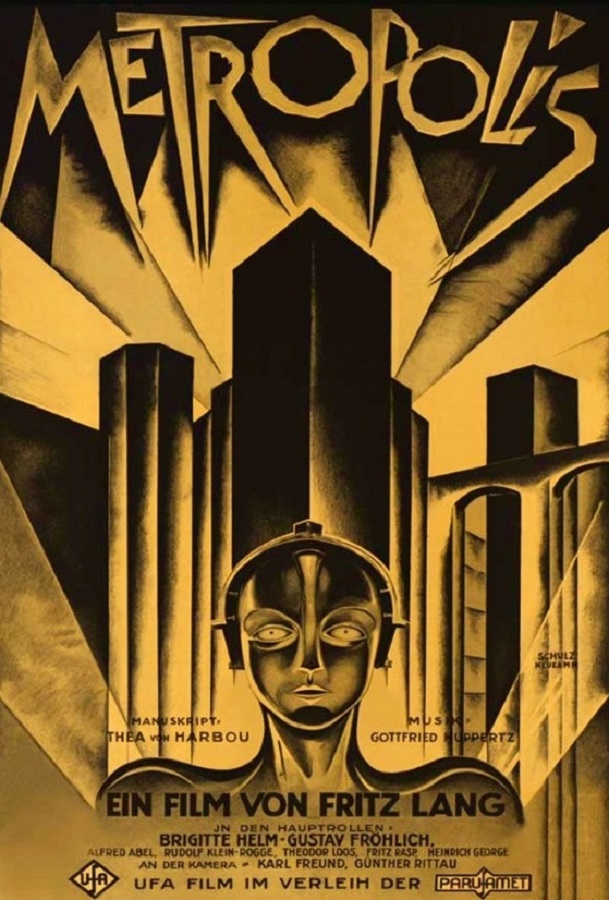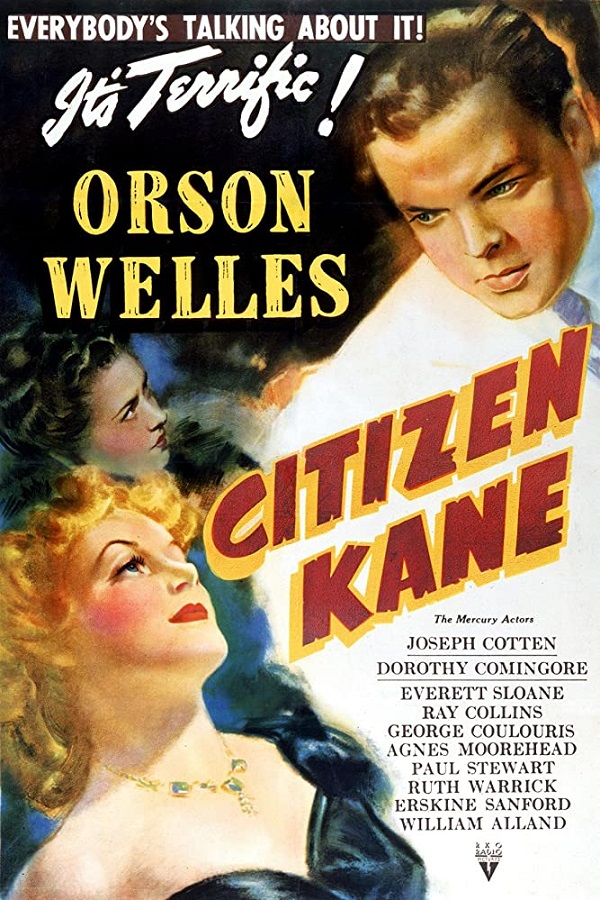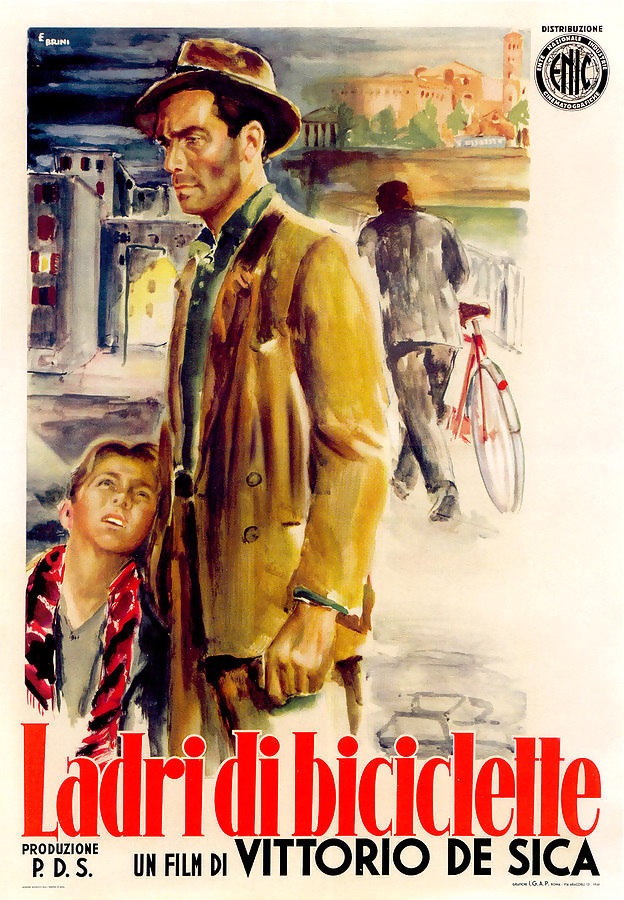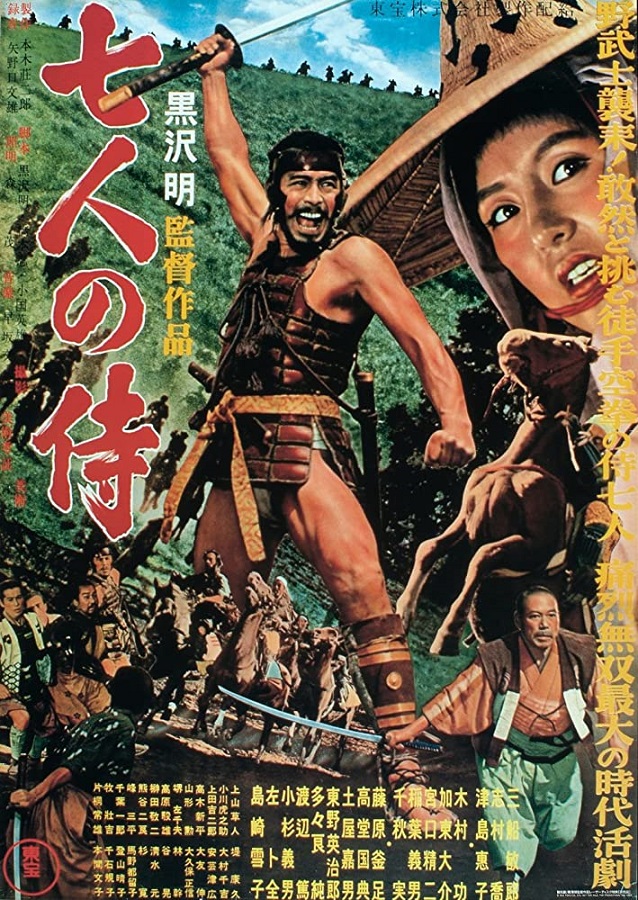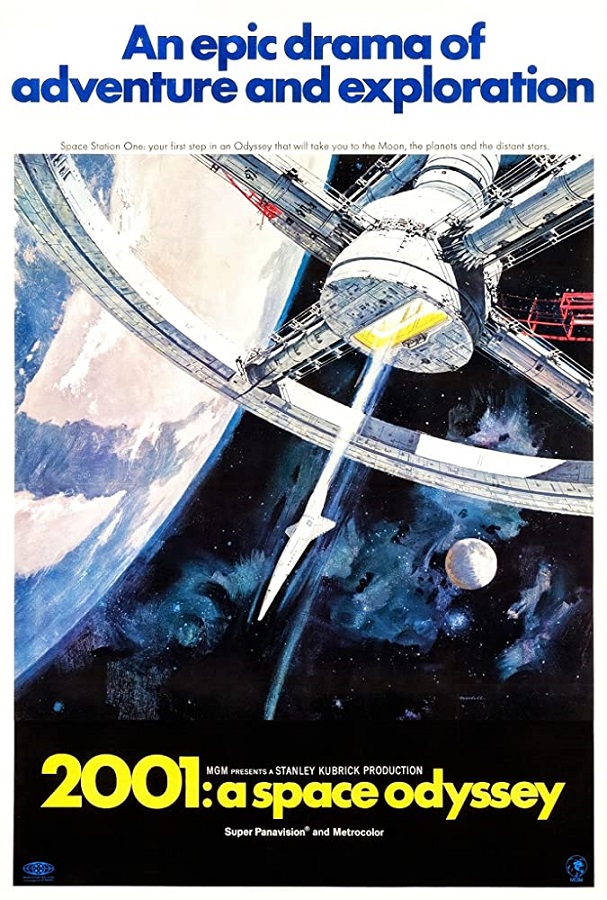As many of you might have a lot of time to spare nowadays, why not take this moment to expand your knowledge of cinema history. On this week’s Must-Watch Movies, let’s dive into the history of film and take a look at some of the most influential films to ever grace the big screen.

Source: IMDB.com 
Source: IMDB.com 
Source: IMDB.com 
Source: IMDB.com 
Source: IMDB.com
From the German expressionist sci-fi drama, Metropolis (1927); Orson Welles’s directorial debut, Citizen Kane (1941); the Italian neorealist drama, Bicycle Thieves (1948); the Japanese samurai epic, Seven Samurai; to Stanley Kubrick’s revolutionary sci-fi masterpiece, 2001: A Space Odyssey (1968), these pioneering films are notable and praised for many things, mainly for their technological advancements, cutting-edge special effects and visual techniques, extraordinary narrative and storytelling, and trailblazing direction.
Here we share a list of some of the most influential films in the history of cinema:
Metropolis (1927)
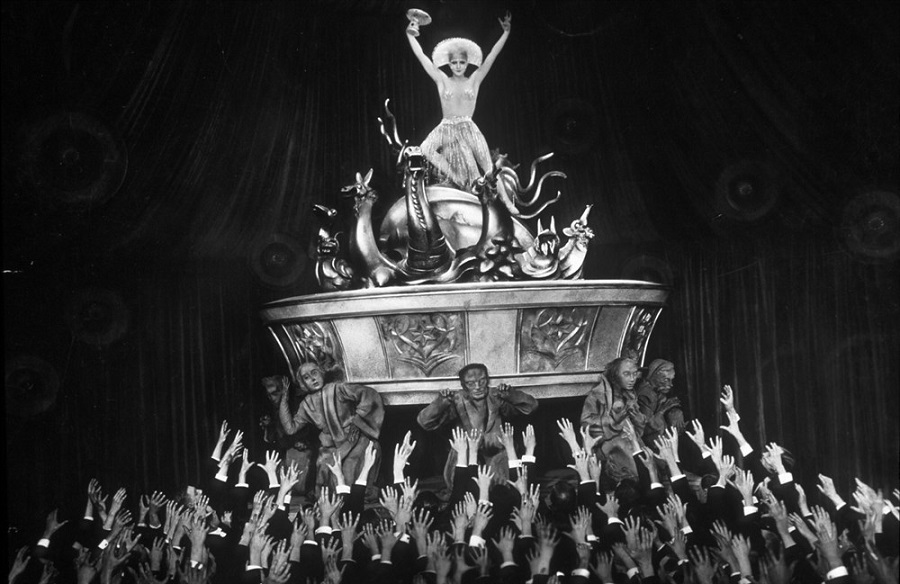
Released in 1927, Metropolis is a German expressionist science-fiction drama film directed by Fritz Lang with a screenplay by Thea von Harbou. Based on Harbou’s 1925 novel of the same name, the film and novel were written in tandem. As one of the earliest feature-length science fiction films, Metropolis is considered a pioneering work in the genre. The silent film received mixed reactions upon release but found universal acclaim in contemporary reviews.
Set in a futuristic urban dystopia, Metropolis is a city where society is divided into two social classes, where the wealthy industrialists, business magnates and their top employees live in skyscrapers on the surface while the workers that operate the great machines powering the city dwell underground. Maria (Helm), the saintly figure that leads the workers, believes that a heart is necessary between brains and muscles, and seeks to find a mediator that can bring the working and ruling classes together. When Maria meets Freder (Fröhlich), son of the master of Metropolis, Joh Fredersen (Abel), they attempt to overcome the huge gap separating the classes in their city, while Joh uses a robot with Maria’s likeness to start a revolution in the working class to eliminate them when he deems them no longer necessary.
Anchored by the bold vision and powerful message, Metropolis is a visually mind-blowing science fiction film. Aesthetically beautiful, from the impressive set design to the complex special effects, the film is unquestionably one of the most innovative achievements of the silent film era.
Starring: Alfred Abel, Brigitte Helm, Gustav Fröhlich, Rudolf Klein-Rogge, Fritz Rasp, Theodor Loos, Erwin Biswanger and Heinrich George.
Directed by: Fritz Lang
Screenplay by: Thea von Harbou
Based on: Metropolis by Thea von Harbou
Release date: 10 January 1927
Running time: 153 minutes (original release)
Citizen Kane (1941)
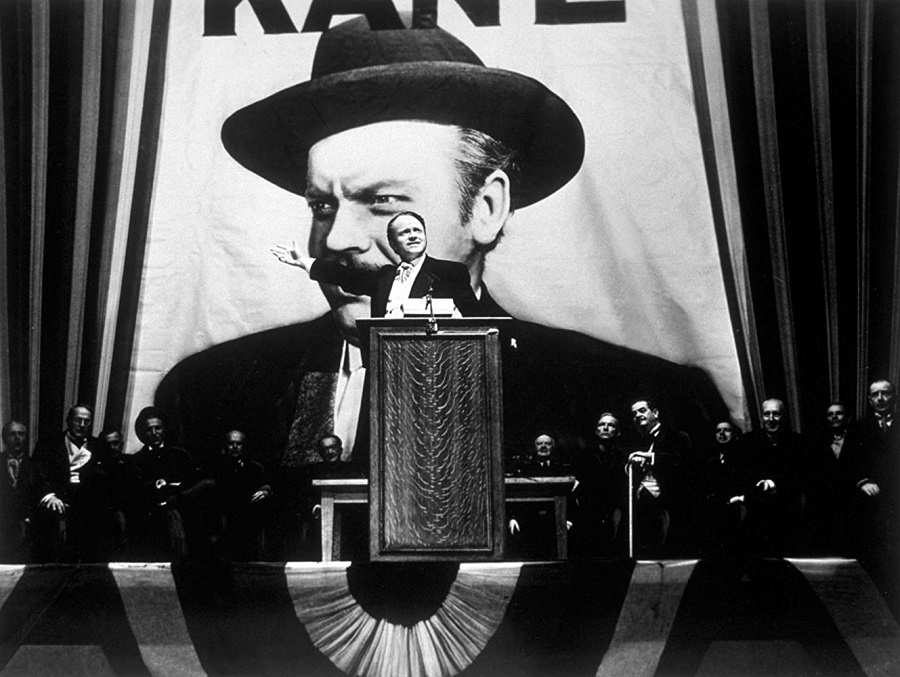
Released in 1941, Citizen Kane is a drama film directed by Orson Welles, who also co-wrote, produced and starred in the film. The first feature film by Welles, Citizen Kane was met with critical acclaim upon release and is regarded as one of the greatest and most influential films ever made. The film received nine nominations at the 14th Academy Awards including Best Picture, Best Director, Best Actor for Welles, Best Production Design, Best Cinematography, Best Film Editing, Best Original Score, Best Sound Design and Best Original Screenplay, winning the latter.
Following the death of newspaper magnate, Charles Foster Kane (Welles), his life is told from the point of view of those closest to him when newspaper reporter, Jerry Thompson (Alland), is tasked with deciphering the enigmatic last word uttered by Kane: “Rosebud”. His investigation slowly uncovers the compelling image of a complicated man who rose from uncertainty to astonishing prominence. Despite Kane’s estranged best friend, Jedediah Leland (Cotton), and mistress, Susan Alexander (Comingore), sharing pieces of the puzzle on Kane’s life, Jerry fears that he may never fully uncover the mystery of Kane’s final word.
Driven by a powerful narrative, the riveting performances of its actors, the astonishing cinematography, the innovative visual technique and style, that is elevated by the excellent editing and music, Citizen Kane is a landmark achievement in the history of cinema that remains to be one of the best films to ever grace the silver screen.
Starring: Orson Welles, Joseph Cotton, Dorothy Comingore, Everett Sloane, Ray Collins, George Coulouris, Agnes Moorehead, Paul Stewart, Ruth Warrick, Erskine Sanford, William Alland, Fortunio Bonanova, Gus Schilling, Philip Van Zandt, Georgia Backus, Harry Shannon, Sonny Bupp and Buddy Swan.
Directed by: Orson Welles
Screenplay by: Herman J. Mankiewicz & Orson Welles
Release date: May 1, 1941
Running time: 119 minutes
Bicycle Thieves (1948)
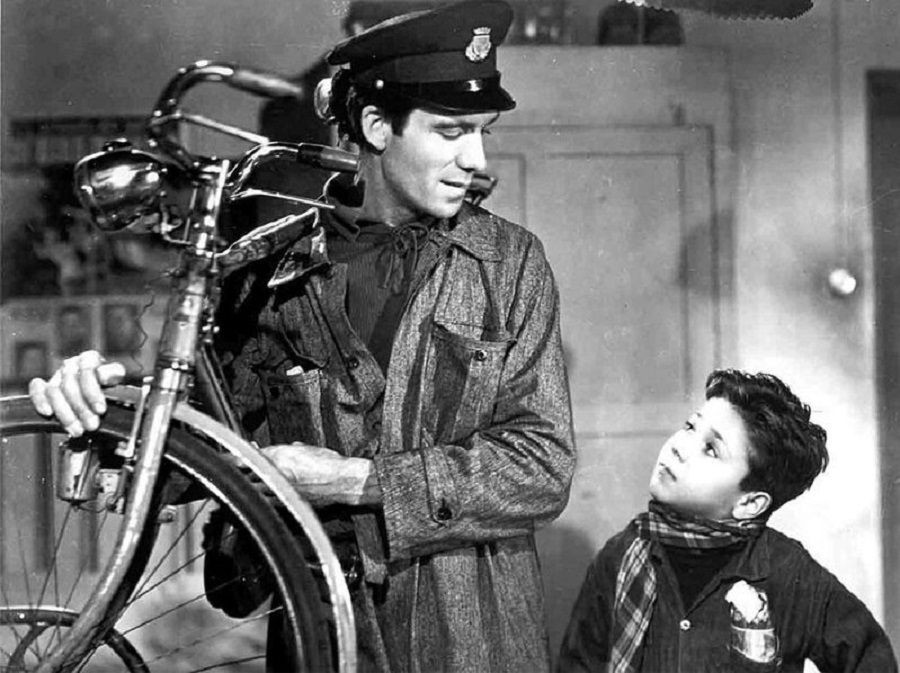
Released in 1948, Bicycle Thieves is an Italian neorealist drama film directed by Vittorio De Sica and co-written with Cesare Zavattini and others. Adapted from the screen from the 1946 novel by Luigi Bartolini, Bicycle Thieves is deemed one of the most influential films in the history of cinema. The film was nominated for Best Adapted Screenplay at the 22nd Academy Awards and received an Academy Honorary Award for Best Foreign Language Film.
Set in post-World-War-II Rome, during the toughest years of poverty, the plot tells the story of Antonio Ricci (Maggiorani), a poor working-class man with a wife and a young son. After 2 years of unemployment, Antonio is finally offered a job as a bill-poster. Unfortunately, the job requires him to use his own bicycle to go around, which he’s already pawned. His wife, Maria (Carrell), pawns the family’s bed sheets instead and reclaims Antonio’s bicycle. In an unfortunate turn of events, Antonio’s bicycle gets stolen on his first day of work and the desperate Antonio along with his son Bruno (Staiola), must search through Rome’s busy streets to retrieve the bicycle, though it is seemingly an impossible task.
A brilliant and devastating drama, Bicycle Thieves is an exceptional film that depicts humanistic values in a raw, heart-wrenching way. It is a simple, yet powerful cinematic storytelling that is driven by the understated performances of its two leads and sizzling emotion.
Starring: Lamberto Maggiorani, Enzo Staiola, Lianella Carell, Gino Saltamerenda, Vittorio Antonucci, Guilio Chiari, Elena Altieri, Carlo Jachino, Michele Sakara, Emma Druetti and Fausto Guerzoni.
Directed by: Vittoria De Sica
Screenplay by: Vittorio De Sica, Cesare Zavattini, Suso Cecchi d’Amico, Gherardo Gherardi Oreste Biancoli & Adolfo Franci.
Story by: Luigi Bartolini
Release date: November 24, 1948
Running time: 89 minutes
Seven Samurai (1954)
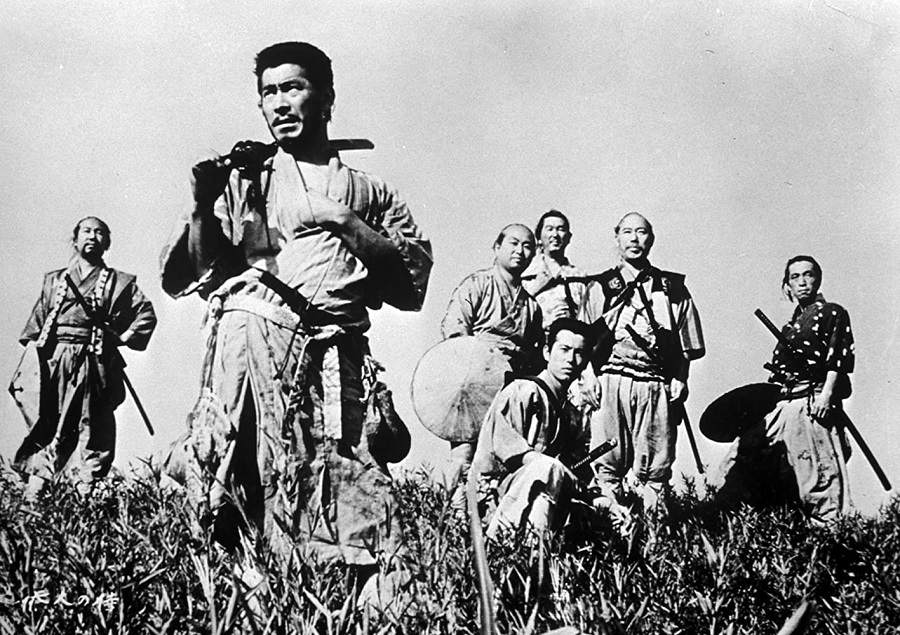
Released in 1954, Seven Samurai is a Japanese epic samurai drama film that was co-written, edited and directed by Akira Kurosawa. The film received highly positive reviews upon release and has become an exceptionally influential film in cinematic history, oftentimes remade, referenced or reworked in other films, most notably the 1960 Western, The Magnificent Seven. The film received two nominations for Best Production Design and Best Costume Design at the 29th Academy Awards.
Set in 16th-century Japan, a small, rural village is the frequent victim of looting by a gang of armed bandits. Fed up of the constant raids, the peaceful farmers of the small community gather the courage to end the bandits’ reign of terror and sends quick-tempered villager, Rikichi (Tsuchiya), to find help. Rikichi returns with seven seasoned rōnin, including the kind-hearted veteran, Kambei Shimada (Shimura), the brave rogue Kikuchiyo (Mifune), and five other rōnin, to protect the villagers. Following a cold reception, the rōnin are tasked with the difficult duty of training the unskilled farmers to fight and get them battle-ready for the impending battle with the bandits.
Driven by a captivating story, unforgettable characters and brilliant action sequences, Seven Samurai remains a time-honoured epic adventure. A technical and creative milestone in cinema, the impact this Kurosawa masterpiece can be seen in many films, where the trope of “assembling the team” can be seen in many action movies and heist films.
Starring: Toshiro Mifune, Takashi Shimura, Daisuke Katō, Isao Kimura, Minoru Chiaki, Seigi Miyaguchi, Yoshio Inaba, Yoshio Tsuchiya, Bokuzen Hidari, Yukiko Shimazaki, Kamatari Fujiwara, Keiko Tsushima, Kokuten Kōdō, Yoshio Kosugi, Shinpei Takagi, Shin Otomo, Haruo Nakajima, Eijirō Tōno, Atsushi Watanabe, Jun Tatara, Sachio Sakai and Takeshi Seki.
Directed by: Akira Kurosawa
Screenplay by: Akira Kurosawa, Shinobu Hashimoto & Hideo Oguni
Release date: April 26, 1954
Running time: 207 minutes
2001: A Space Odyssey (1968)
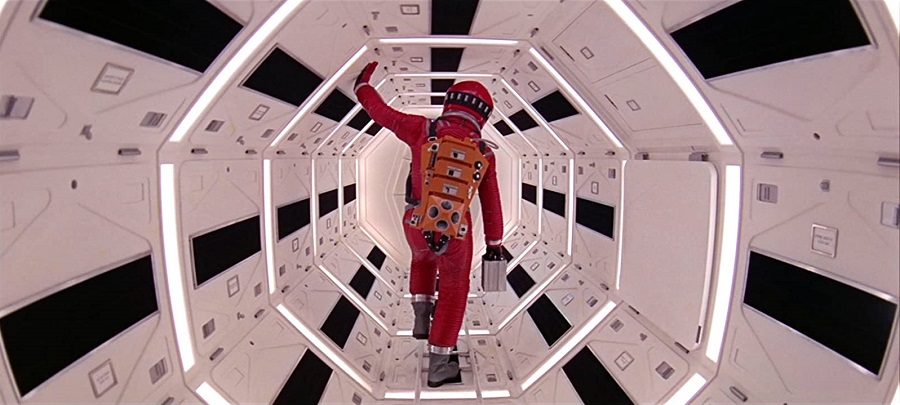
Released in 1968, 2001: A Space Odyssey is an epic science fiction film directed by Stanley Kubrick with a screenplay written by Kubrick and Arthur C. Clarke. Inspired by Clarke’s 1951 short story “The Sentinel” and his other short stories, 2001: A Space Odyssey is praised for its scientifically accurate portrayal of space flight, ground-breaking special effects and ambiguous imagery. While the film had polarising initial reviews, it is now regarded as one of the greatest artistic works in cinematic history. The film received four nominations at the 41st Academy Awards for Best Director, Best Original Screenplay, Best Production Design and Best Visual Effects, winning the latter.
2001: A Space Odyssey tells the story about evolution. When an imposing black monolith is discovered beneath the surface of the moon, it presents a link between the past and the future. A group of astronauts, led by Dr. David Bowman (Deulla) and Dr. Frank Poole (Lockwood), are sent on an expedition to the monolith’s point of origin in Jupiter, in the hopes of finding the source. David discovers faults in the ship’s A.I. computer system, HAL, when it begins to show increasingly curious behaviour. What comes after is a tense face-off between man and machine that leads to a mind-blowing voyage through space and time.
Driven by an intricate plot that tackles on themes of the history and future of humankind, the film is a ground-breaking entry in the science fiction genre. A culturally, historically and aesthetically revolutionary piece of cinema, 2001: A Space Odyssey is without a doubt one of the greatest and most influential films ever made. The visual and technological spectacle makes this film a Stanley Kubrick masterpiece.
Starring: Keir Deulla, Gary Lockwood, William Sylvester, Daniel Richter, Leonard Rossiter, Margaret Tyzack, Robert Beatty, Sean Sullivan, Douglas Rain, Frank Miller, Edwina Carroll, Penny Brahms, Heather Downham, Alan Gifford and Ann Gillis.
Directed by: Stanley Kubrick
Screenplay by: Stanley Kubrick & Arthur C. Clarke
Release date: April 2, 1968
Running time: 142 minutes

